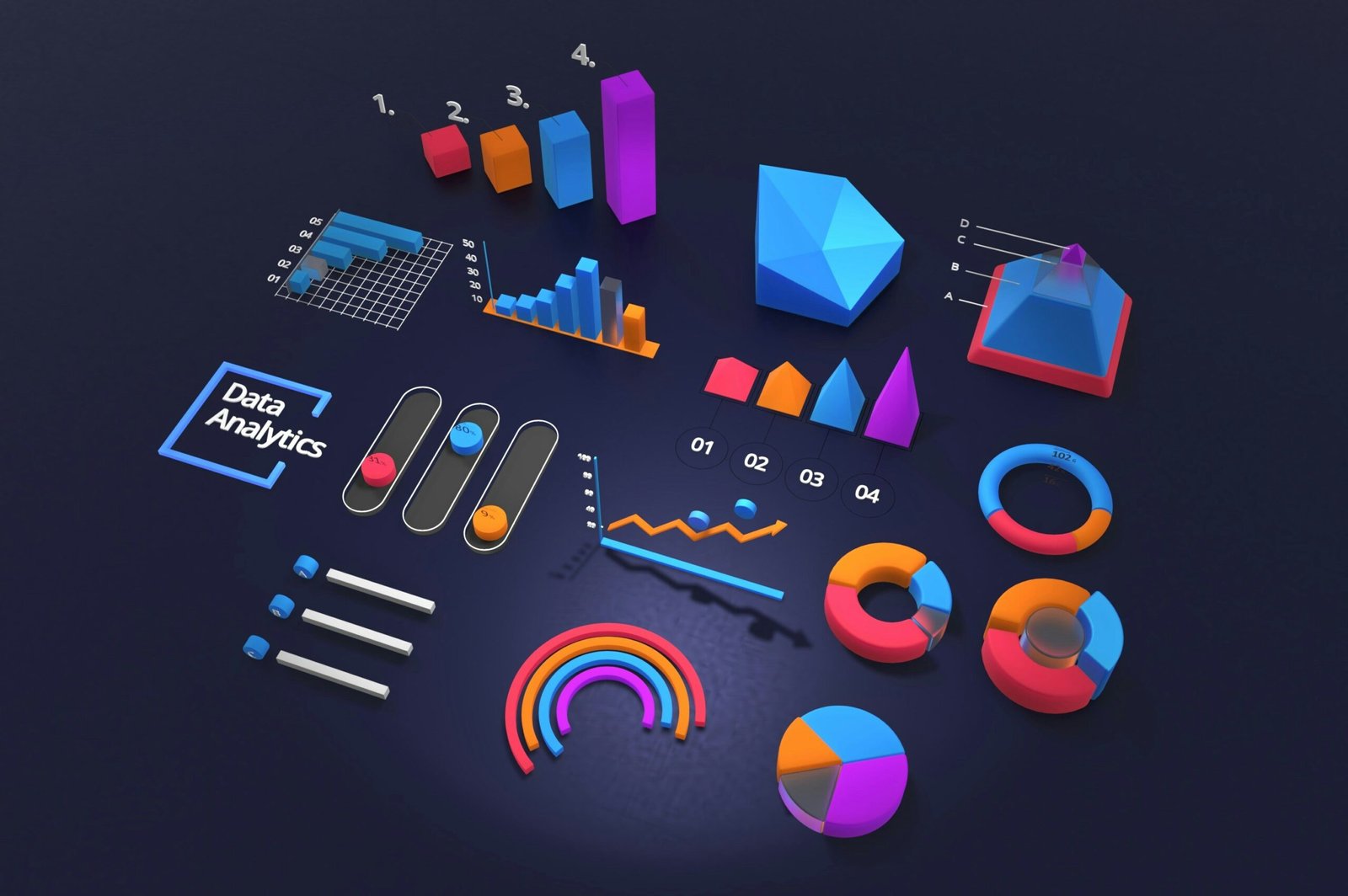Understanding Science: The Systematic Study of the Natural World
Science serves as a structured approach to exploring and comprehending the natural world, employing established methodologies that rely on observation and experimentation. The foundation of scientific inquiry lies in making careful observations, which allows researchers to identify patterns and phenomena in both familiar and unfamiliar contexts. This process often involves formulating hypotheses, or educated guesses, which researchers then test through controlled experiments. The results of these experiments provide crucial evidence that either supports or refines the original hypothesis, underscoring the iterative nature of scientific research.
One of the primary methodologies in science is the scientific method, which dictates a systematic progression from observation to experimentation to the analysis of data. This method ensures that conclusions regarding natural phenomena are not drawn prematurely but rather based on ample evidence and rigorous testing. For instance, the principles governing subatomic particles have been elucidated through intricate experimental designs that manipulate external variables while measuring their impact on particle behavior. This meticulous attention to detail exemplifies the scientific rigor needed to understand phenomena that lie beyond casual observation.
Additionally, the importance of evidence cannot be overstated in the context of scientific conclusions. Scientific theories, such as the theory of relativity or evolution, are not mere conjectures; they are built upon a vast body of empirical evidence accumulated over time. As research progresses, science continually evolves; new findings can challenge established theories, prompting a re-evaluation of previously held beliefs. This characteristic allows science to build a cumulative understanding of the universe, where knowledge is expanded and refined with each discovery. By recognizing science as a dynamic discipline, one appreciates its critical role in advancing our comprehension of everything from the tiniest particles to the vastness of cosmic phenomena.
The Role of Logic in Critical Thinking
Logic serves as the foundation of critical thinking, providing a systematic framework that underpins reasoning processes. The integration of logical principles into our thought processes ensures coherence, soundness, and clarity when constructing arguments or making decisions. By employing logical frameworks, individuals can analyze information more effectively, distinguishing between valid and invalid arguments.
At the core of logical reasoning are two primary forms: deductive and inductive reasoning. Deductive reasoning begins with general premises and draws specific conclusions from them. For instance, if all mammals are warm-blooded, and a dolphin is a mammal, one can deduce that dolphins are warm-blooded. This top-down approach leads to conclusions that are irrefutably true, provided the premises are accurate. On the other hand, inductive reasoning operates in the opposite manner; it involves gathering specific observations to form a broader generalization. For example, if one observes that the sun has risen in the east every day, one might conclude that the sun will continue to rise in the east. While inductive reasoning fosters hypotheses, the conclusions drawn from it are less certain than those derived from deductive reasoning.
The interplay between logic and science is particularly significant, as scientific inquiry heavily relies on logical reasoning to formulate hypotheses, conduct experiments, and interpret data. Logical principles guide researchers in evaluating evidence, ensuring that conclusions are derived systematically and rationally. Thus, the application of logic serves as a crucial mechanism in supporting scientific advancements and rational decision-making. By honing critical thinking skills through logical reasoning, individuals can enhance their ability to analyze complex issues and engage in constructive discussions, ultimately enriching their understanding of the world.
Intelligent Learning: Acquiring Knowledge in a Dynamic World
Intelligent learning represents a multifaceted approach to acquiring knowledge that is crucial in today’s rapidly changing world. This concept extends beyond traditional methods of education, emphasizing the need for adaptability as individuals confront new information and diverse challenges. Rather than simply absorbing facts through rote memorization, intelligent learning encourages the development of critical thinking and creativity, which are essential skills in an increasingly globalized society.
Different educational methodologies underpin intelligent learning. Traditional classrooms often focus on standardized curricula, which may not engage every learner effectively. In contrast, self-directed exploration, experiential learning, and collaborative projects offer dynamic alternatives that can enhance understanding and retention. Such approaches enable learners to take ownership of their education, fostering an environment where they can pursue their interests and addressing their unique learning styles. This adaptability in learning is especially important as novel challenges surface, requiring individuals to modify their thought processes and methods of problem-solving accordingly.
Moreover, intelligent learning emphasizes the application of knowledge in real-world contexts. This necessitates a shift from learning for the sake of knowledge to learning for practical application. Skills acquired through intelligent learning can be utilized to navigate complex situations—whether in professional settings or personal encounters. Mastery of content becomes meaningful only when individuals can translate their learning into impactful actions and informed decisions, equipping them with the tools to thrive in a multifaceted environment.
As individuals evolve through their learning journeys, the importance of intelligent learning becomes all the more apparent. It cultivates a mindset conducive to lifelong learning, which is vital in a world characterized by rapid advancements in technology and an ever-increasing flow of information. By fostering adaptability, critical thinking, and real-world application, intelligent learning not only enriches individual lives but also contributes to a more informed and capable society.
Artificial Intelligence: The Next Frontier in Learning and Innovation
Artificial intelligence (AI) represents a transformative force in the modern landscape of learning and knowledge acquisition. It encompasses various technologies, including machine learning and data analysis, each playing a pivotal role in enabling computers to emulate tasks that traditionally necessitate human intelligence. The integration of AI into educational environments fosters intelligent learning by leveraging vast amounts of data to identify patterns and personalize the learning experience.
Machine learning, a subset of AI, facilitates the development of algorithms that can recognize patterns in data without explicit programming. This capability allows for adaptive learning methods, where educational content can be tailored to the unique pace and style of individual learners. As these algorithms analyze user interactions and performance metrics, they can predict future learning behaviors and recommend customized resources, thereby enhancing the overall educational experience.
Moreover, AI-powered predictive analytics serve to refine educational methodologies. By analyzing historical data, AI can forecast trends in student performance, helping educators address potential learning obstacles proactively. This data-driven approach not only empowers educators but also optimizes educational outcomes by ensuring that students receive the support necessary for success. Furthermore, AI’s ability to process and analyze large datasets significantly accelerates the pace of innovation across various disciplines, from healthcare to engineering, providing researchers and practitioners with the tools to uncover new insights.
In myriad ways, artificial intelligence complements the foundational principles established by science and logic, pushing the boundaries of what is conceivable in learning and innovation. Its continuous evolution promises to reshape industries and redefine our understanding of knowledge acquisition, making AI a critical component of the future cognitive landscape. As we embrace this technological frontier, the potential for groundbreaking discoveries and enhanced learning experiences remains boundless.





